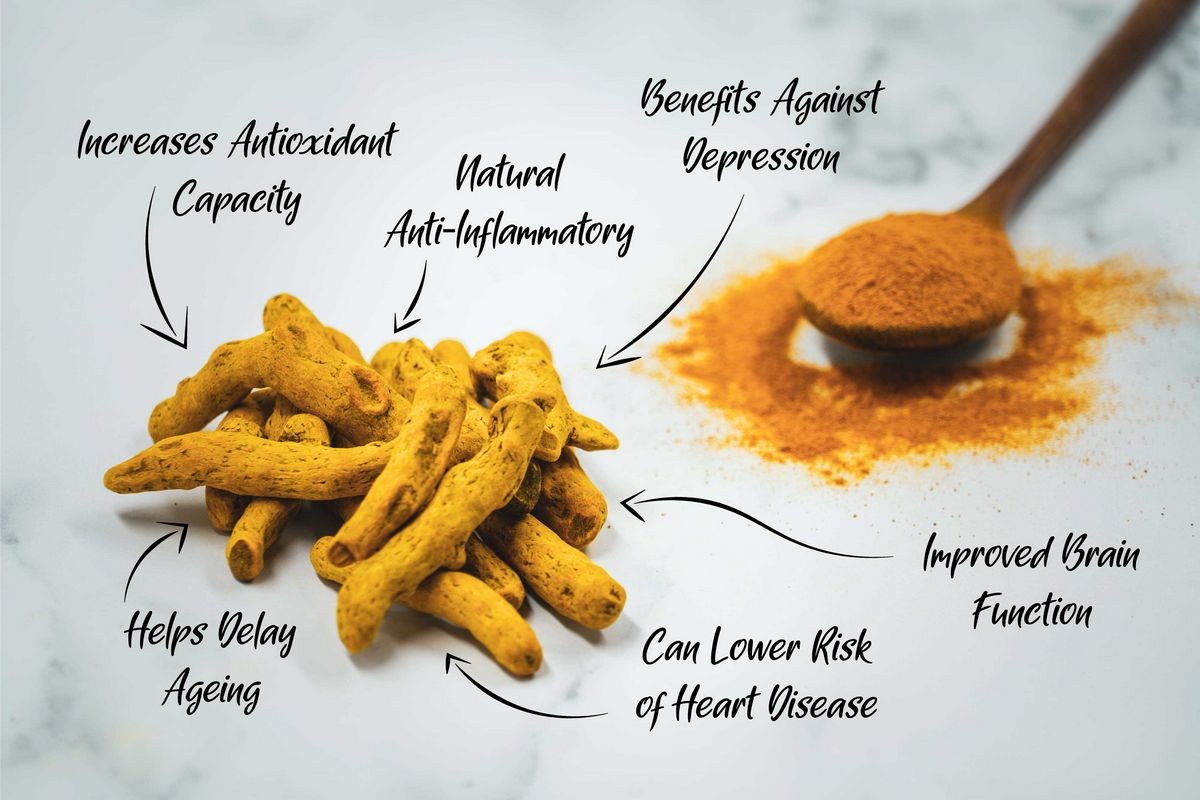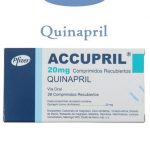
Contents
- 1 12 Health Benefits of Turmeric and Curcumin
- 1.0.1 What is Curcumin?
- 1.0.2 Reduces Inflammation
- 1.0.3 Improves Memory
- 1.0.4 Reduces Arthritis Pain
- 1.0.5 Combats Free Radicals
- 1.0.6 Decreases Chance of Heart Disease
- 1.0.7 Fights Depression
- 1.0.8 Improves Liver Function
- 1.0.9 Reduces Risk of Cancer
- 1.0.10 Treats Metabolic Syndrome
- 1.0.11 Reduces Risk of Blood Clots
- 1.0.12 Improves Skin
- 1.0.13 Fights Dementia
- 1.0.14 Work with Your Healthcare Provider
12 Health Benefits of Turmeric and Curcumin
Turmeric, found in the roots of curcuma longa, contains curcumin, which offers numerous health benefits including reducing inflammation, arthritis pain, free radicals, and more.
Turmeric is widely used in traditional medicine practices around the world. Curcumin, the active component of turmeric, provides its distinctive color and health benefits.
Turmeric, a member of the ginger family, is rich in curcumin. It is recommended to take 500 milligrams of turmeric twice daily with food, although the right dosage may vary depending on your health history. Consult your healthcare provider to ensure proper intake.
Turmeric can be used as a standalone supplement or as a spice in meals. It adds flavor to food without excessive use of salt. Turmeric can be incorporated into various dishes including soup, eggs, smoothies, rice, roasted vegetables, and muffins.
What is Curcumin?
Curcumin, a compound found in turmeric, provides its nutritional value through anti-inflammatory properties and antioxidants.
Curcumin, a concentrated turmeric product, is a more potent supplement compared to using pure turmeric in food. It is extracted from turmeric and possesses significant antioxidant properties.
Curcumin is challenging to absorb but quickly metabolizes after ingestion. To enhance absorption, it is recommended to consume curcumin with healthy fats such as nuts, seeds, oils, or avocado. Curcumin is available in tablets, pills, energy drinks, ointments, cosmetics, and soaps.
Reduces Inflammation
Turmeric or curcumin can help reduce inflammation caused by chronic conditions. For instance, curcumin has been beneficial in managing ulcerative colitis.
Curcumin reduces the levels of inflammation-inducing molecules in the body. Topical creams made with turmeric can also alleviate symptoms of inflamed hemorrhoids.
Improves Memory
A study on adults revealed that taking 90 milligrams of curcumin twice daily enhances memory. The anti-inflammatory and antioxidant properties of turmeric may slow down cognitive impairment.
Turmeric can boost cognitive capacity, concentration, reduce stress, and prevent plaque buildup in neural pathways.
Reduces Arthritis Pain
Turmeric has been historically used in Eastern medicines to alleviate arthritis symptoms. While curcumin alone does not relieve arthritis pain, taking a supplement can potentially reduce osteoarthritic pain.
Osteoarthritis, a chronic joint condition affecting over 250 million people worldwide, can be managed, but not cured, using herbal remedies and supplements.
Combats Free Radicals
Turmeric’s abundant antioxidants can neutralize toxic compounds known as free radicals in the body. Additionally, turmeric stimulates other antioxidants to combat free radicals and protect overall health.
Decreases Chance of Heart Disease
Turmeric’s vitamin B6 content contributes to cardiovascular health, neutralizing risk factors for strokes and coronary heart disease.
Turmeric reduces oxidation and inflammation, both linked to heart disease. Studies have shown that supplements can lower high blood pressure, reduce the chance of heart attack after coronary artery bypass surgery, and manage cholesterol levels.
Fights Depression
Curcumin has been proven to increase the production of a brain protein that aids learning and memory, potentially reversing negative effects. It also promotes the regulation of dopamine and serotonin levels, improving mood and overall body function.
Improves Liver Function
Turmeric’s active compounds can enhance liver function by stimulating bile production and reducing damage through increased antioxidant enzymes. It can be used in conjunction with medical treatments for cirrhosis and fatty liver disease.
QUESTION
Reduces Risk of Cancer
Research on mice has shown that turmeric protects against stomach, colon, and skin cancer. It may also inhibit tumor growth. However, more research is needed to understand its effects on humans and its potential for inclusion in future treatments.
Treats Metabolic Syndrome
Turmeric can aid in reducing body fat, triglycerides, and fasting blood glucose in men with metabolic syndrome. It also corrects unhealthy cholesterol levels. Patients with metabolic syndrome can benefit from turmeric supplementation.
Reduces Risk of Blood Clots
Curcumin, an anticoagulant found in turmeric, decreases the blood’s ability to clot. It prolongs clotting time and prevents the clumping of blood platelets unless necessary.
Improves Skin
Turmeric enhances the appearance of the skin by fighting acne-causing bacteria, regulating oil production, clearing acne scars, speeding up the healing process for cuts or scrapes, soothing irritated skin, and countering signs of aging such as wrinkles and pigmentation.
Fights Dementia
Curcumin reduces brain inflammation, a key factor in certain forms of dementia like Alzheimer’s disease. Turmeric appears to clear the clogged areas associated with Alzheimer’s. However, further testing is required to fully understand its effects.
Work with Your Healthcare Provider
Pay attention to how you feel after starting turmeric and curcumin supplementation. Consult your healthcare provider to ensure it does not interfere with any medications or existing conditions.
References:
Cleveland Clinic: "7 Health Benefits of Turmeric."
Foods: "Curcumin: A Review of Its Effects on Human Health."
International Journal of Cardiology: "The Protective Role of Curcumin in Cardiovascular Diseases."
Journal of Obesity & Metabolic Syndrome: "The Effect of Curcumin Supplementation and Aerobic Training on Anthropometric Indices, Serum Lipid Profiles, C-Reactive Protein and Insulin Resistance in Overweight Women: A Randomized, Double-Blind, Placebo-Controlled Trial."
Mayo Clinic: "Home Remedies: Are there health benefits of turmeric?"
Mount Sinai: "Turmeric."
Oregon State University: "Curcumin."
Phytotherapy Research: "Effects of Turmeric (Curcuma longa) on Skin Health: A Systematic Review of the Clinical Evidence."


